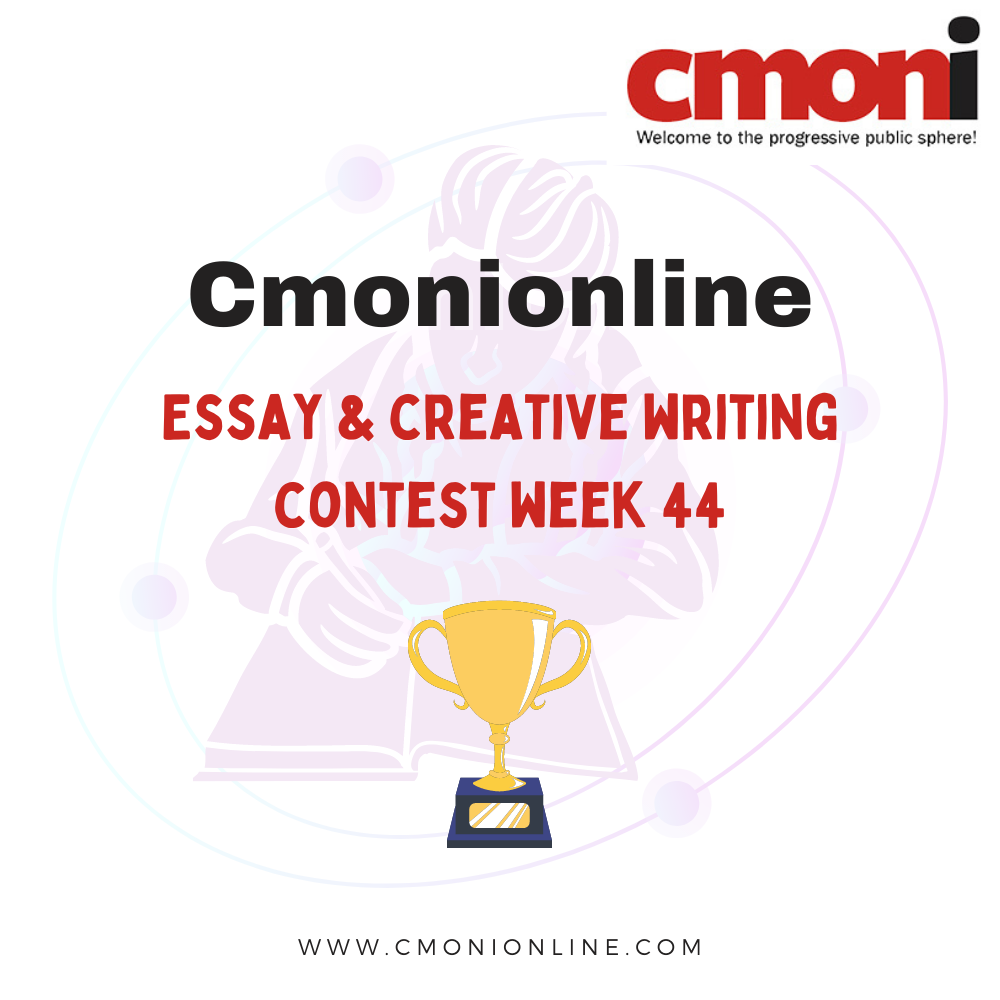Dear readers, it is with pleasure that we announce that Esther Ojetunde, Collins Undelikwo and Enoch Akinlabi have emerged winners in our keenly contested week 44 essay and creative writing competition.
For this week, we received a record number of 16 entries from talented writers, each distinct in their voice and articulate with their thoughts. The brilliance in some of these entries made it difficult to select winning entries.
We incorporated the peer-review selection method this week, also. This was a bid to bring our readers and the writers into the decision-making process, and to also enable our judges in making their final choices. We had the writers discuss their entries on a Twitter space held yesterday, and received the nominations which helped in choosing the winners. The winners were equally selected based on the creative strengths of their entries.
In the opinion essay category on the role of religion in gender-based violences, we received a range of entries discussing in well-outlined details how institutions of faith and their norms steeped in patriarchy, contribute to the societal menace. We had writers analysing abuse in its various forms, how and what the church could do to mitigate the rising epidemic.
“Gender based Violence is not a women’s issue – it is everyone’s issue. And as such it should be addressed by everyone, not only by women.” – Esther Ojetunde
Esther Ojetunde’s essay stood out for both our judges and readers, because of its structure, adherence to research patterns and referencing. She highlights the different forms of gender based violence, the groups particularly vulnerable and also the impacts these issues have on these individuals and different aspects of their lives, marriages for example. Esther goes the extra mile to include what some of the warning signs may appear like in relationships. She does write that, “Gender based Violence is not a women’s issue – it is everyone’s issue. And as such it should be addressed by everyone, not only by women.” While also calling for reforms in the religious institutions, for religious leaders, mostly men, take up the mantle and encourage their members to do better. This is a really noteworthy and commendable recommendation.
“In a world I had always thought was dark, you were bright, beautiful light. You were my Road to Damascus” – Collins Undelikwo
In My Tomi, Collins Undelikwo’s character employs really crafty and poetic language to write a heartfelt letter to his partner. An ex-criminal redeemed by his lover’s affection, the character recounts on how his life has become without the hope of any future in the absence of his lover’s presence. He recounts on his past life—one he’s most earnestly toiled to outrun. A captivating tale of bitter love, My Tomi embodies creativity, and Collins Undelikwo is a remarkable writer.
“When i met you, the clouds didn’t part, neither did angels sing, instead the whole world seemed to go silent because all that was in focus was you.” – Enoch Akinlabi
Enoch Akinlabi’s Ololufemi was captivating and jarring. A man writes what is to be his final letter to his liver who, to his dismay, betrayed his love. What begins as an admiration of the imprisoned character’s muse quickly spans into hatred and profound curses. Our judges hailed this piece for how it was able to move between hatred and love in one piece, in one breath. This was a really interesting piece, sad and yet captivating.
Congratulations to the winners!
Honourable Mentions
1. Exploring the effects of religious beliefs in abusive marriages by Mbanasor Victoria.
2. The last letters of Federico Halmiton by Taiwo Bello






